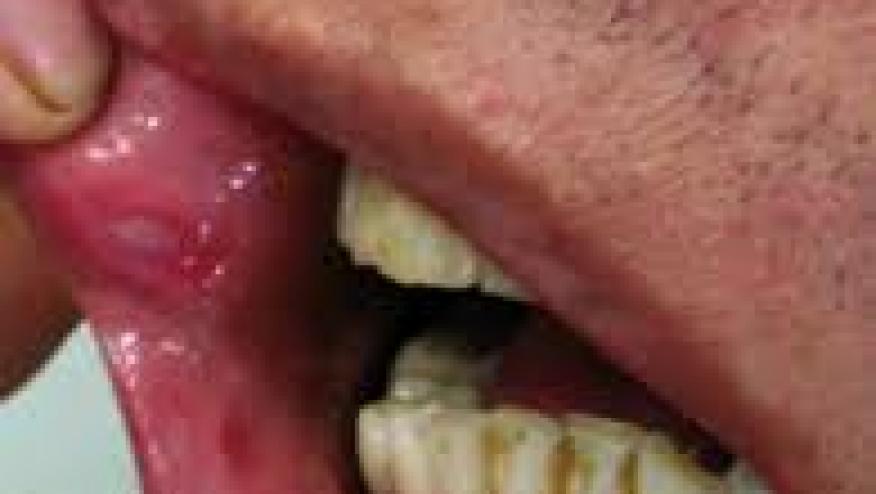Alemtuzumab Effective in Behcet's Syndrome Save

Behcet's disease is difficult to treat and often has an over-reliance on corticosteroid use. Alemtuzumab (previously known as Campath-1H) has been studed in patients with Behcet's. Alemtuzumab is a humanized anti-CD52 monoclonal antibody that has been used in GVHD, lymphoproliferative disorders, and inclusion body myositis; but notably failed in RA. CD52 is expressed on normal lymphocytes, monocytes, and some dendritic cell subsets. The drug causes lymphocyte depletion, which is part of its efficacy but also a safety concern.,
This report details the authors 20 year experience with alemtuzumab use in 32 patients (60 courses) with Behcet's disease. After the initial course, 84% achieved partial or complete remission. Lymphocyte depletion occurred after all courses but was not predictive of remission. Relapse-free survival rates were 83.6% at 6 months and 52.8% at 12 months. Mild to moderate infusion reactions occurred after 16 courses (27%). Eight patients (25%) developed symptomatic thyroid disease.
Alemtuzumab led to remission in the majority of patients with difficult-to-treat BD. Relapse was common and may be associated with lower dosing. Adverse events included infusion reactions and new autoimmunity










If you are a health practitioner, you may Login/Register to comment.
Due to the nature of these comment forums, only health practitioners are allowed to comment at this time.